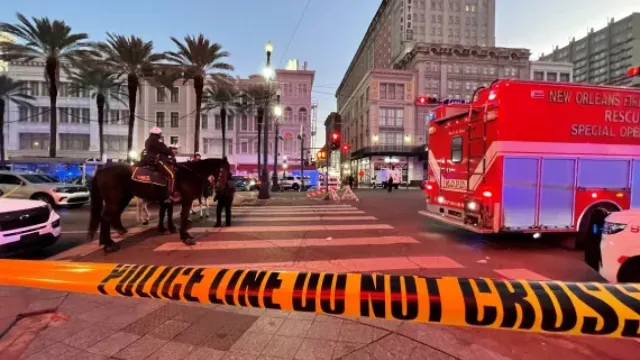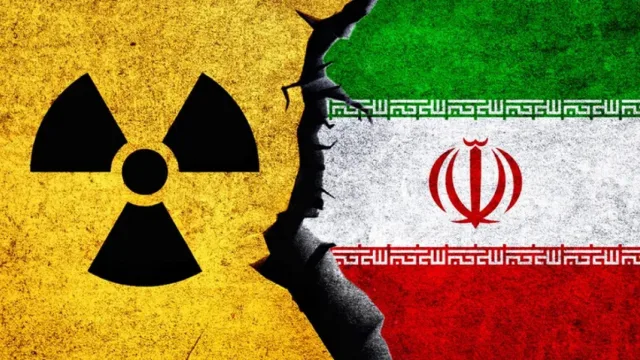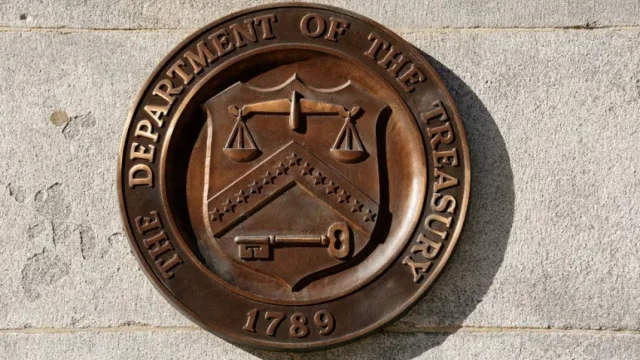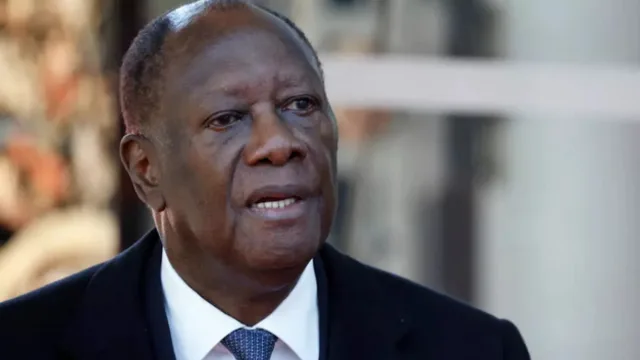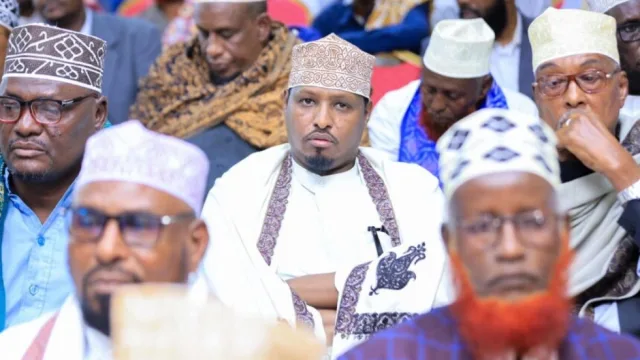Two international aid agencies on Wednesday called on the U.S. government to ease restrictions on money…

Adeso, an African charity and development agency, and Oxfam International expressed concern that thousands of families across the Horn of Africa nation are under threat due to the recently announced closures of money transfer companies’ bank accounts in the United States.
“Somalia is hanging once again on the precipice of a full-blown catastrophe,” said Adeso Executive Director Degan Ali in a joint statement issued in Nairobi.
“Even a minor disruption to the link between Somali communities and their friends and family abroad could push them over the edge into crisis,” said Ali.
The organizations called on the U.S. Department of Treasury and its regulatory agencies, whose regulations are responsible for the bank account closures, to ensure that Somali-Americans are able to send life sustaining money to their loved ones.
The Horn of Africa nation has no formal banking system. According to a research published in 2013 by Adeso, Oxfam and the Inter-American Dialogue, Somalia receives 1.3 billion U.S. dollars per year in remittances, which is more than all foreign aid and investment in Somalia combined.
About 40 percent of Somali families depend on remittances to meet their most basic needs, including food, health care and education, and 80 percent of the capital for start-up businesses comes from the diaspora.
The agencies warned that if the Merchants Bank account closures proceed as scheduled on June 20, between 60-80 percent of U.S. remittances to Somalia will be affected, and some companies will be forced out of business immediately.
Some of the companies have arrangements with other banks, but those banks lack Merchants Bank’s expertise in dealing with money service businesses and are even less likely to maintain the companies’ accounts under pressure from the Treasury Department and its regulatory agencies.
The agencies said while the closure of formal remittance channels would hurt Somali communities, it would benefit criminal networks that prey on informal money transfer systems that are invisible to regulators and law enforcement officials.
